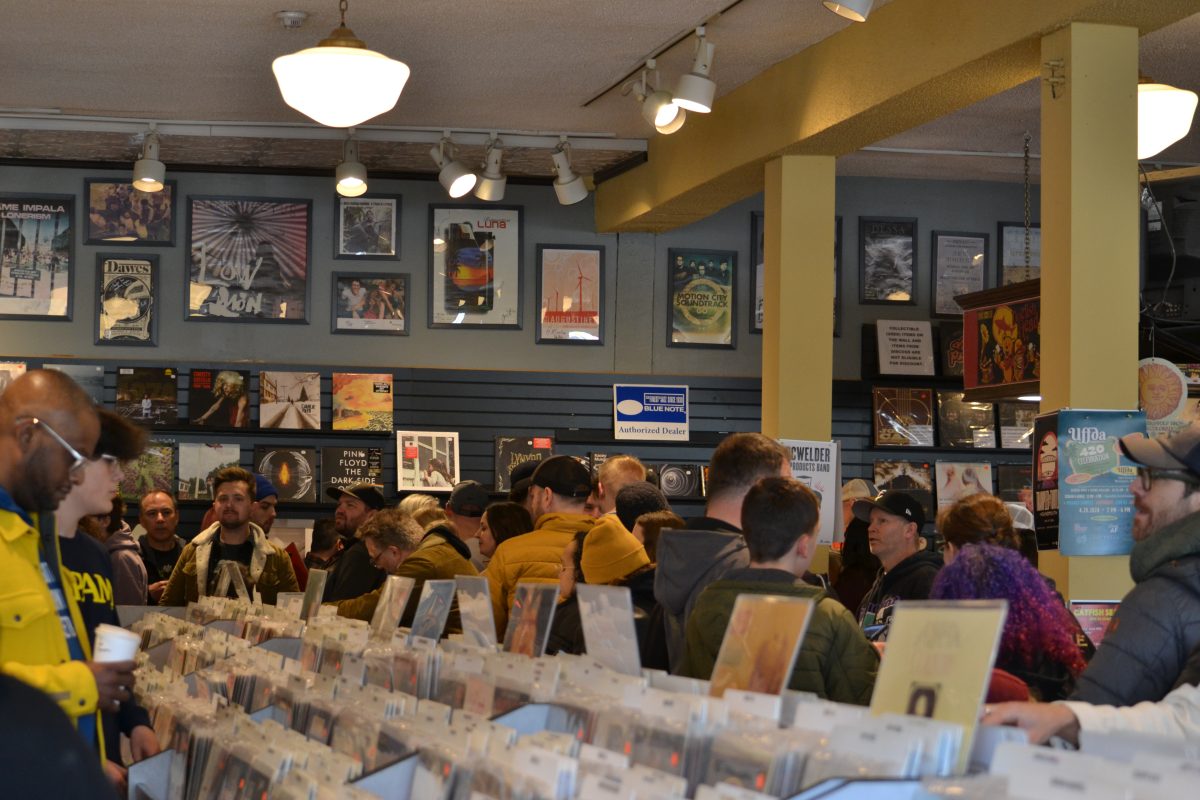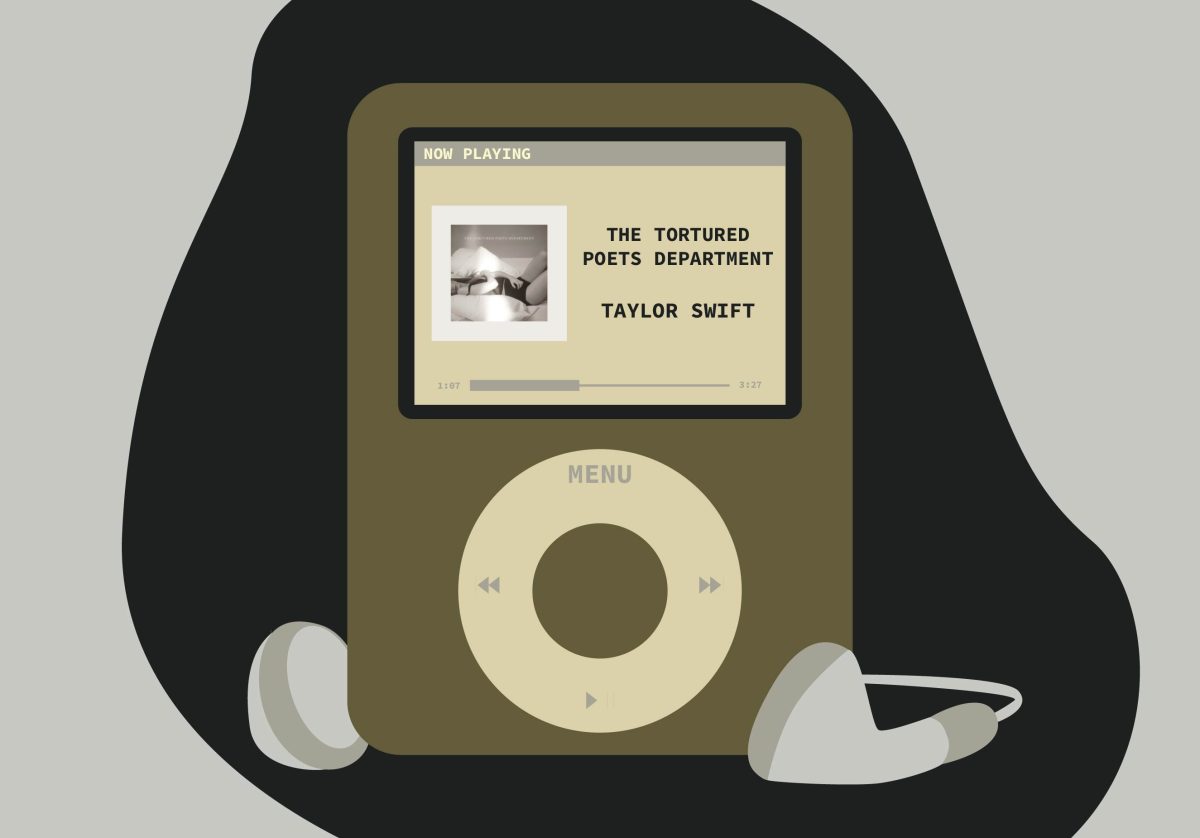Philip Levine has spent his life writing poetry. And that means more than it appears.
Levine read one of Denise Levertov’s poems that criticized William Wordsworth’s castigation of consumption and found he agreed with his contemporary.
“Her side is: The physical world is there. Enter it, enjoy it, absorb it, spend yourself in it,” he said. “I take off on this, on the idea that spending is an essential role of those who are truly alive.
“Not spending in the conventional sense of spending money, but spending the self, as a form of generosity and giving, and that poetry in the main is always good for that.”
Levine will focus on that kind of “spending” next week in his lecture titled after that Levertov poem, “O Taste and See: Poetry in a Consumer Age.” The Pulitzer Prize winner has been invited to campus as part of the Esther Freier Endowed Lecture in Literature series.
The poems in his aptly named latest book, “Breath,” deal repeatedly with this same theme: Drinking in life for all it’s worth – or regretting not having done so.
“If I drive to the foothills, I can see fields of wildflowers on fire until I have to look away from so much life,” he anguishes in “Keats in California.”
Book jackets are often wrong, but this one is right: “Throughout the collection Levine rejoices in song.” In “On 52nd Street,” the silence of the nightclub is described in jazz-like poetry that fills the void of the missing music. In “Gospel” he describes the piping of pine trees the way only those who’ve listened know the sound.
Levine also takes the tired topic of death and makes it feel as real to the reader as it does to him at 77 years old. But it’s always laced with hope and its place in the natural cycle of life.
In his poem “Today and Two Thousand Years From Now,” he envisions his translation from standing with a friend under a tree into the very limbs above him:
“Two thousand years from now we too will be older, wiser, having escaped the fleeing incarnations of workingmen. We will have risen from the earth of southern Michigan through the tangled roots of Chinese elms or ancient rosebushes to take the tainted air into our leaves and send it back, purified, down the same trail we took to escape the dark.”
These recurring hymns to nature are themes that Levine has sounded since his beginnings.
“It made a huge impact on me, the idea of the infinite nature of life – that constant metamorphosis and transformation of one form into another form,” he said. “This consciousness rides through one form, and then gives itself up, and it’s not the greatest tragedy in the world – the world goes on. The older I get the more just and poetic I find the idea.”
Coupled with his reverence for the world is his horror at what is often done to it. And his environmental consciousness is but one verse in Levine’s political repertoire.
His talk Wednesday on “spending of the self” will necessarily lead him to contrast the current presidential administration. He relates a story about his recent speech at Kent State, where he was asked about his poems’ humor.
“I said, it’s a device in a country like ours that helps you survive,” Levine began. Then he offered an example.
“Let’s say you lived in a different country, a country with immense wealth, an enormous superpower with great weaponry and a large, well-equipped army. And you went to war halfway across the world with some little, crappy dictatorship and discovered that you couldn’t defeat this country, even after you said you had. And meanwhile, at home, a storm came, and wiped out one of your large and interesting cities. And since you were spending so much wealth on this foolish war, you just let the city crumble.
“If you lived in a country like that, you’d have to have a sense of humor, or else you’d slit your throat.”
For Levine, humor and melody and poetry all seem to share that same life-enriching quality that serves to soothe the ticking away of one’s soul.
“Music, I’ll call it music,” he writes in the poem “Call It Music.” “It’s what we need as the sun staggers behind the low gray clouds, blowing relentlessly in from that nameless ocean, the calm and endless one I’ve still to cross.”
















